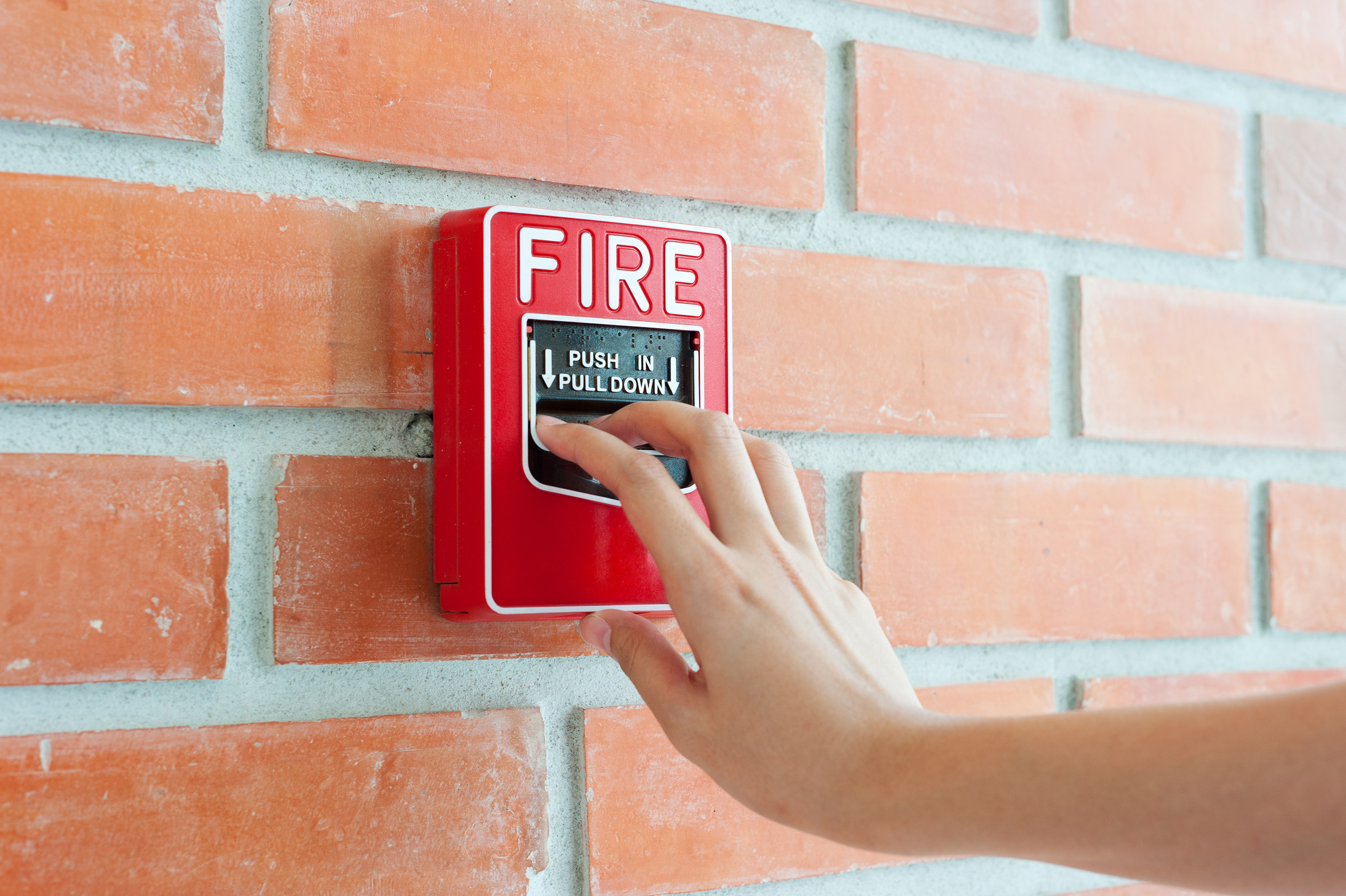Blog

How to protect a commercial property from fire
There were 22,200 fires in ‘non-residential units’ during 2013/14 according to the UK government. The Centre for Economics and Business Research (CEBR) highlights the fact that ‘the British economy has lost £1 billion through preventable fires in commercial warehouses over the last five years.’
Preventing fire is essential
CEBR recommends that all commercial outlets must have a reliable sprinkler system in place in order to deal with fire. But sprinkler systems alone can’t deal with fire and toxic smoke. Security Shutters can help a commercial premises close off one part of the building from another and this is invaluable in trying to contain a fire. Talking to local fire and rescue services can also help prevent a commercial fire.
Risk Assessment
Risk assessment is the practice where the owner of a commercial building and an approved safety officer draw up plans to see how they would cope if their commercial building was to be affected by fire. According to the
Royal Berkshire Fire and Rescue Service a risk assessment will identify any fire hazards, reduce those hazards and assess how to reduce danger should a fire start. Under the Regulatory Reform (Fire Safety) Order 2005 any company that employs over five people must either employ a member of staff or a professional risk assessor from an outside company to make sure that they are compliant with the law.
Protect your property
Protecting a building from fire isn’t just about the strength of bricks and mortar. Anyone who owns or has responsibility for commercial premises should always ensure that waste is disposed of safely. Any toxic or flammable waste should be contained within the appropriate manner. The recent explosion in China points to the worst that can happen to commercial property and its neighbourhood if safety protocols aren’t observed. Fire kills and ruins lives as well as businesses.
Efficient fire alarms are absolutely essential for the safety of any property and its inhabitants. Always make sure that these alarms are tested regularly and are easy to see. In a disaster people panic if alarms aren’t highlighted, and a panicking individual might not be able to raise the alarm.
Check for fire hazards
Under the 2005 Act you must check that all electrical wiring is tested and is safety compliant. If your company uses naked flames or commercial processes that involve ignition sources, then inspect these areas on a regular basis. Fire can also start anywhere where there are sources of oxygen within a building, check your air conditioning.
It’s always important to have a combined fire detection system. In a noisy environment a straightforward alarm might not be sufficient, therefore make sure that your alarm is complemented with flashing lights.
Commercial buildings all have their unique set of fire hazards. Some buildings may be involved with the storage of fertilisers or chemicals; others may need to store vast numbers of other flammable products. If you need more advice consult your local fire brigade. After all, they’re the experts.



Comments